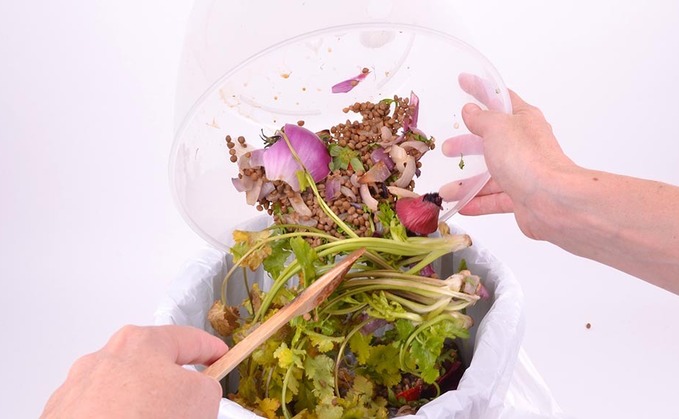
With 1.2 billion tonnes of food wasted globally on farms, including 149 million tonnes for Europe, an ambitious food waste reduction targets from food to fork is needed to tackle the issue, a new report...

With 1.2 billion tonnes of food wasted globally on farms, including 149 million tonnes for Europe, an ambitious food waste reduction targets from food to fork is needed to tackle the issue, a new report...